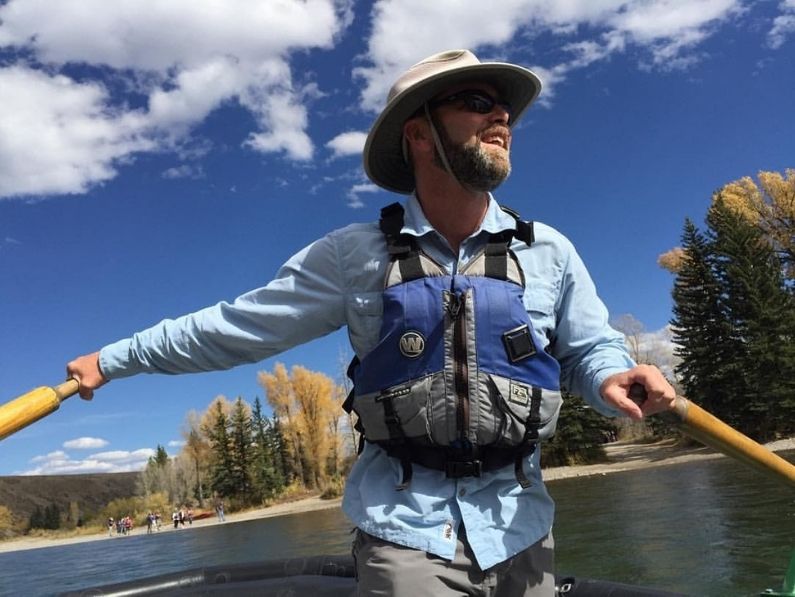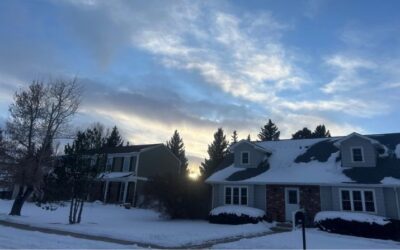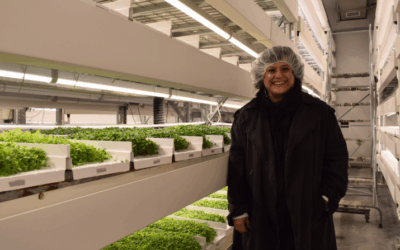The new year sees a new crop of leaders on the town council. Hailey Morton Levinson takes the helm as mayor, and Jessica Sell Chambers and Jim Rooks join the town council for the first time. At the council’s first regular meeting of the new year tonight at 6:00 p.m., they will bid adieu to outgoing Mayor Pete Muldoon and outgoing town councilor Jim Stanford. Stanford discussed his time in office with KHOL last week.
Meg Daly (MD): Hi Jim, thanks for making time to talk with me.
Jim Stanford (JS): Hi Meg.
MD: You have served eight years on the town council. What are some accomplishments you are most proud of?
JS: A lot of the work you do in government, it’s team-oriented. You can’t do too much—any one person—and so you have to be working collaboratively with your colleagues, both at the town and at the county, to get anything done most of the time. A lot of the nature of government, to use a sports analogy, is three yards and a cloud of dust. It’s not very glamorous.
When I look back at my tenure—some of the things that years from now I’ll be most proud of—a lot of them are little things. You know, building new sidewalks around town, making connections in the residential neighborhoods, improving pedestrian safety, improving motorist safety at certain intersections where I was able to suggest to the council and persuade everyone of the need for, say, a four-way stop sign at Kelly and Milward. Other things that I will always feel proud of include the Redmond and Hall Housing Project—fully one hundred percent affordable deed-restricted rentals. That was something that I had to work very hard on, along with the Vice Mayor and now Mayor-elect Haley Morton Levinson. And I’m very proud collectively of the work the council’s done responding to the pandemic with Mayor Muldoon’s leadership. I feel like we’ve done the very best we can to help keep our citizens safe.
MD: Talk about a time when you changed your position on something.
JS: One thing I’d say I was wrong about looking back was the Boulder Park at the base of Snow King. I had, like many folks in town, some concerns about the funding and how that was being allocated from the town up front at the outset of that project. It was not part of my decision-making time on the council, but in the years since, every time I’ve walked by that Boulder Park—and I see the kids and the amount of use it’s getting—I am really glad it’s there. And I say to myself, I was dead wrong. This was money well spent. And in general, I’ve learned the more things you can build for kids—or more opportunities you can provide for kids—the better off the community is.
MD: You came into office in 2012 when there was still fallout being felt in Jackson from the 2008 recession. How have things changed since then?
JS: A lot of it is economic pressure. The recession hit and it was slow for its effects to be felt directly here in Jackson. And at that time, there was a sense of, “OK, whoa, we’re catching our breath.” You know, like a little bit of a dip in visitation might have unintended benefits—that things could be a little calmer in the community. A little bit more space. People were just barely—by their fingernails—clinging to an opportunity here and there to be able to buy a free market house, for instance. And there was a sense that things might be able to be just a little bit more affordable, and that you could breathe just a little bit easier in this community.
And then we went and we had such a rapid recovery, and we were suddenly subject to such enormous economic pressure. Look at the over-tourism—the visitation. It’s become almost year-round. It’s like we’ve been too successful with our tourism economy, and the economic pressure this has created for residents unable to find housing. Too many jobs, not enough housing. But also, we’re caught between the need for housing and our ecological values and trying to create a livable community—instead of just packing as many people in as possible.
The gap between what people can afford—working people can afford—and the prices has become a chasm. A chasm that is, even with the help of government—even with people in government who are devoted to trying to create more opportunities and trying to bridge that gap and make housing more affordable and build the community by allowing more people to plant roots here—even on a modest scale, the cost is staggering to purchase the deed restriction or to build the restricted housing.
And that economic pressure, unfortunately, is only increasing because of the pandemic. It’s the last thing anybody saw coming.
MD: So as you pass the torch to the new council, what’s next for you?
JS: It’s a good question, and I haven’t given too much thought to it yet. And hopefully, we will continue to get our case numbers down and get this pandemic under control locally, if not nationally. And when life begins to return to a semblance of normalcy, it’ll be a lot easier to think about the next chapter and what that looks like exactly. But I look forward to finding other ways to serve this community. I look forward to another summer of guiding on the Snake. And I was a journalist before being elected, and in some ways, I’ve always remained a journalist at heart. And I think there will probably be some opportunities going forward for me to be part of the collective conversation.






